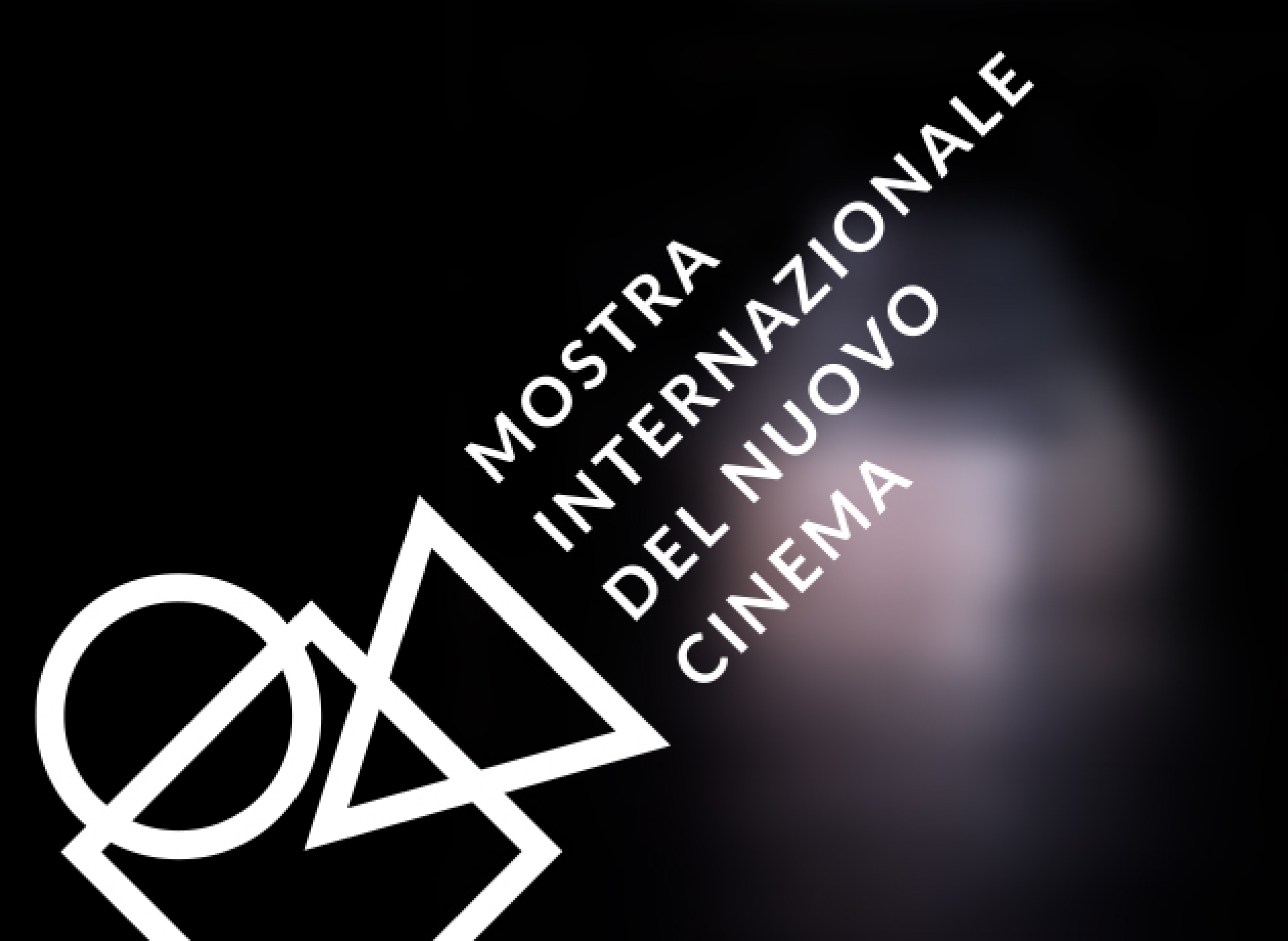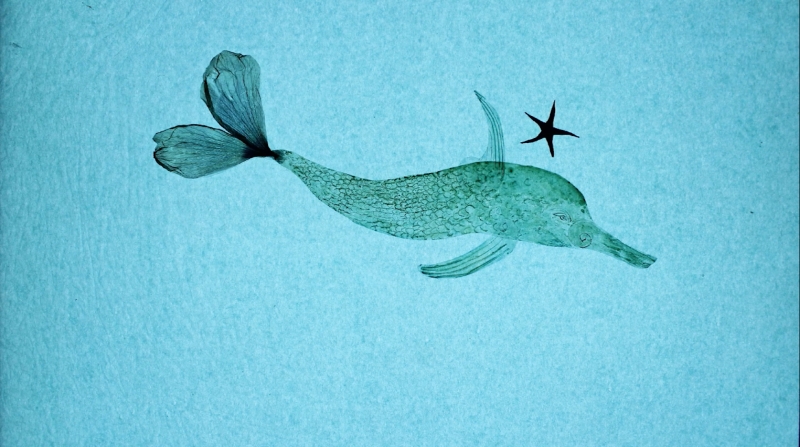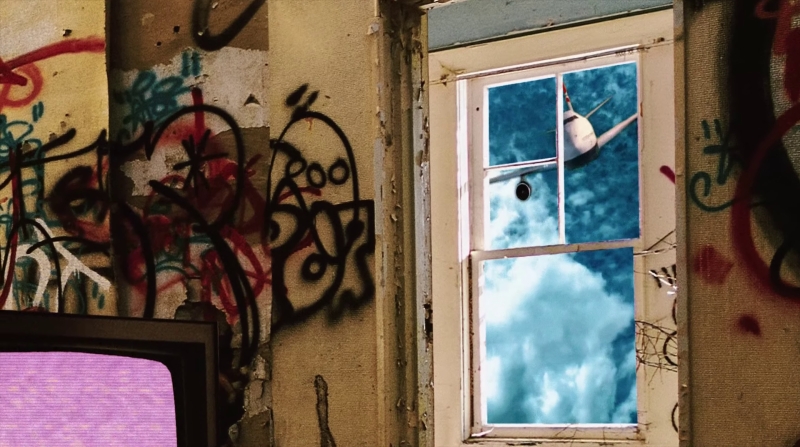Webinar and online screenings on Zoom with simultaneous translation. Comeback on this page to receive the partecipation link on the event day.
curated by Wu Wenguang
Knocking on Memory’s Door with the Video Camera. A handful of people took video cameras and went back to their respective villages. They went in search of the old generation that was still living there in dim, stark houses. They went to uncover the memories hidden deep inside them. Each filmmaker had some prior relationship to the village. Some of them were born or grew up there, some still live there, some had never lived in the village but had parents or grandparents who had. For the old people in the village, this was the first time anyone had come with a camera to ask them to open their memory chests. Here was the younger generation, leaping over their parents’ generation - that generation wiped clean of memory - to ask the elders about the past. This meeting may be awkward and uncomfortable but it is also an exciting adventure. Their stories are now documentary films one of which is presented in this program.
Background
Caochangdi Workstation is an independent space established by filmmaker / theater creator Wu Wenguang in Beijing in 2005. In the summer of 2009, he launched a documentary film project to chronicle the events that took place between the “3-year famine” period, 1959 through 1961. By the summer of 2010, we had 21 people participating, making Caochangdi Workstation a landmark “folk memory project”. These 21 participants went back of their own accord to their respective villages to interview and take notes for this event. Among the participants were people aged above 60, people with experience in making documentaries or theatre shows, and other arts-related individuals as well as university students. This project had a snowball effect, with an increasing number of participants joining in, creating a large volume of village records and interviews to be archived.
Till the year 2020, we have had 216 participants going back to their villages for interviews, with over 1,480 interviewees from 22 provinces and 323 villages. Interview topics ranged from the “3-year famine” to the “Great Leap Forward,” the “Land Reform,” and the “Cultural Revolution,” across different historical periods. In summary, this project is an attempt to create folk memory archives. From 2010 till 2018, 64 films were made by 24 filmmakers within the Memory Project.
Shao Yuzhen - My Village 2020 (2020, 85')
2020 was a special year, during which the pandemic spread across the world. The Chinese city Wuhan was the first to suffer. The Spring Festival was no longer festive. My family and I, as ordinary Chinese people, stayed at home, and didn’t go out. That’s all I did.
Shao Yuzhen, a participant in the Villager Documentary Project, was born in 1950. She has spent all her years living and working in Shaziying Village, located in Beijing’s Shunyi District. In 2005, Shao joined Caochangdi’s Villager Documentary Project and completed a documentary short entitled “I Film My Village.” Since then, she has completed 7 feature-length documentary films: My Village 2006, My Village 2007 and My Village 2008, My Village 2009, My Village 2010, My Village 2017 and My Village 2020.
Perspectives on curating online cinema
by Gianmarco Torri
This section was conceived as an attempt to develop a critical reflection on what we have gone through over the past year.
Almost all of us have been obliged to live and work exclusively online. We have been watching countless screenings, meetings, virtual conferences, and all of us have realized how many resources are available on the world wide web.
Such materials have appeared as a consequence of a ‘year of living remotely’ and as a virtual substitute for conventional theatrical screening programmes in several cases, but some of them had already been accessible for years on the websites and channels of many archives, associations, museums, festivals, cultural projects, and film-makers.
Our goal is to try and understand how this year’s experience can influence our work as well as to respond positively to this historical moment, learning some useful lesson for the future.
None of us believes any longer in the relevance and necessity of an actual theatrical viewing experience. Over the past few years, the Pesaro Film Festival has tried to prove this with a section dedicated to Super8 that explored and presented not only ‘images,’ but also the materiality of films, along with film-makers with their own personality and corporeality, and screenings with their performative, experiential, and collective dimension.
However, we cannot overlook that which happened, and how it affected our perspectives, culture, and society. We have possibly attained a better clarity of mind on what had already been going on for two decades now.
To meet this challenge over the long term, we have focused our reflection on those materials that are accessible online for free and permanently, which we think are those that can actually affect the traditional balance between access, curatorship, and film culture.
On a more utopian (not necessarily linked to pirating practices) level, these are materials that should effectively allow to overcome some hierarchic, geographic, economic, and cultural barriers as well as encourage to see the world wide web as something else than just another paying platform (something that has been little forgotten and scarcely practiced anyway).
Over the next few years, free-access streaming of images online is certainly not going to curb. On the contrary, expectations are that it continues to grow exponentially.
This immense territory actually offers those who operate in film culture an amount of assets that has never been so close at hand, and to a certain extent even snatched from the market logic and commercial operators. It deserves to be studied and upgraded in our consideration, instead of just deplored because it is supposed to belittle the movie-going experience, as though most of us – also based on the narrow cultural scope of conventional movie-theatre programming – had not already been discovering new works and shaping their own idea of film by way of the ‘small screens.’
We have not explored this wealth of materials with an encyclopaedic approach – mapping and listing websites or online resources may well be useful but does not produce a reflection on this opportunity – but we asked some curators/programmers for their critical point of view, putting themselves to the test and sharing their experience.
We asked them – each in their own field – to disclose the instruments that they use to orient their efforts, their points of reference, their knowledge, and the conceptual connections with which they construct an online programme, including how they avail themselves of this ‘virtual’ film dimension in their work. Another goal was for them to highlight the opportunities and the critical points, putting the resources in a historical and critical dimension, enabling us to find new paths and master new instruments of our own.
This is doubtlessly an ongoing process, but we believe it should be surveyed as we are convinced that in the years to come it will bring about deep change both in terms of access to the world film heritage and in terms of curatorship and programming as far as education and dissemination of film culture are concerned.
We would like the Pesaro Film Festival to become a site of critical exploration of a territory familiar to everyone but scarcely known. Sharing and juxtaposing perspectives could gradually contribute to a mapping of the future and a working hypothesis.
This section is accompanied by an e-book published by the Pesaro Film Festival available for free on the website of the Festival and the major platforms of distribution. The reflection that starts at the Festival is expanded through critical essays and more proposals of online programmes offered by the section curators and other illustrious contributors such as Oliver Hanley, Maurizio Marras, and Rick Prelinger.
OPEN ACCESS CINEMA
REGISTER FOR THE EVENT ON ZOOM



